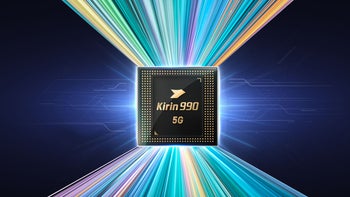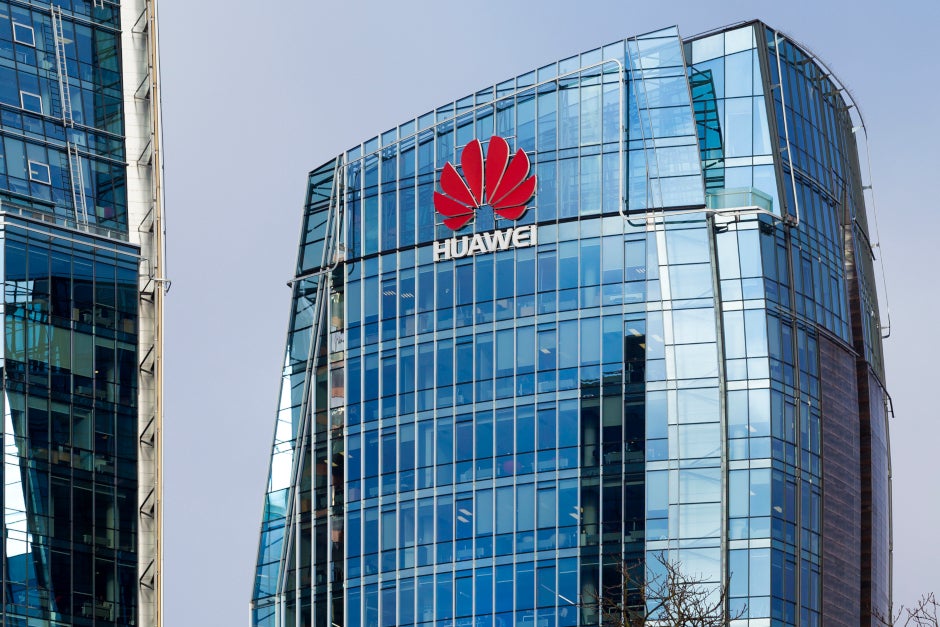U.S. could stop TSMC from shipping Huawei's 5G modem chips

A new report reveals how seriously a possible new U.S. sanction could cripple Huawei. The Chinese manufacturer was responsible for $5.1 billion USD of the revenue Taiwan Semiconductor Manufacturing Company (TSMC) reported last year. TSMC is the world's largest independent foundry and manufactures chips designed by companies like Apple, Qualcomm, and Huawei that don't own any chip manufacturing facilities.
Huawei is the second-largest TSMC customer and its business with TSMC soared 80% year-over-year in 2019. Apple is the foundry's largest account generating $8.2 billion in revenue for the company last year, up 23% from the previous year's figure.
A change in the Direct Product Rule could hurt both Huawei and TSMC
Huawei remains on the U.S. Commerce Department's Entity List and still cannot access its U.S. supply chain (which it spent $18 billion on back in 2018). As a result, its phones cannot use Google Mobile Services and Google's Android apps (such as the Play Store, Search, Maps, Gmail, Drive, Duo, Photos, and more) are not allowed to run on Huawei's newer phones. That doesn't matter in China where Google's apps are banned anyway but does affect sales of global units. The company still managed to ship 240 million phones last year which was more than Apple, but still behind Samsung.

Huawei is TSMC's second largest customer after Apple
While Huawei was able to use components that it stockpiled before getting banned from its U.S. supply chain, it also was able to find some workarounds. The company also created its own ecosystem with Huawei Mobile Services; featuring the AppGallery app storefront, HMS debuted on the P40 series. But if the Trump administration follows through with a plan it has drafted, both Huawei and TSMC could find themselves in hot water.
The Direct Product Rule allows the U.S. to put export controls on products made by foreign companies that contain 25% or more U.S.-origin content by value. TSMC falls below this line which means that the Trump administration cannot have a say in who receives chips shipped by the foundry. But the administration has been weighing a revision to the rule that would lower the threshold to 10%. At that percentage, TSMC would not be allowed to ship any chips to Huawei which would certainly make things difficult for the manufacturer. After all, TSMC not only makes Huawei's Kirin chipsets, it also produces its Balong modem chips as well. And considering that Huawei is its second-largest customer (and growing rapidly), such a move by the U.S. would affect TSMC as well.
If TSMC loses a large chunk of business, it might not be able to spend so much money on the R&D and the facilities required to continue the development of powerful integrated circuits. These components have allowed mobile devices to become more and more powerful over time.
Huawei has been slowly moving the production of chips for its non-flagship devices to China's largest foundry, SMIC. But the latter is several process nodes behind TSMC, which is churning out 5nm chips this year. That means that the transistor density of TSMC's 5nm integrated circuits contain more than 171 million transistors per square mm. SMIC's 14nm chips have approximately 43.5 million transistors per square mm. The more transistors that fit inside a chip, the more powerful and energy-efficient it is.
If the Direct Product Rule threshold is lowered to 10%, Huawei will have to rely on its inventory of chips to manufacture high-end phones. Huawei could possibly turn to Samsung as the latter's foundry is number two in the world. But it isn't clear whether any chips rolling off of Sammy's assembly lines would also be affected by the proposed change in the Direct Product Rule.
Since the current administration in the U.S. values transactions, there is always the possibility that a deal can be worked out. Last month we told you that TSMC was said to be considering the idea of building a factory in the U.S. to manufacture cutting-edge 2nm chips. The report said that the Trump administration was pressuring TSMC to announce the new factory before the November election. The constriction of such a facility would cost TSMC billions of dollars and would be an economic stimulant for the state in which such a plant would be located. We wouldn't be shocked to see a deal made that would result in no change to the Direct Product Rule threshold in exchange for a promise from TSMC to build a "beautiful" new factory in the states.










Things that are NOT allowed: